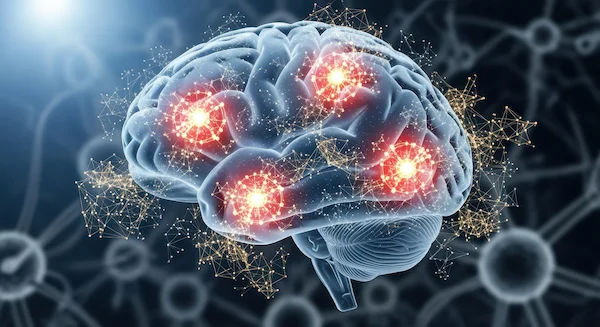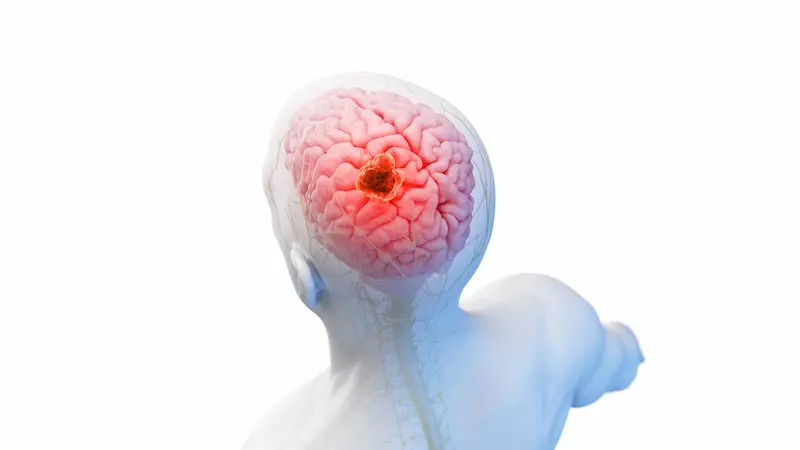- female
- 50 Years
- 29/01/2025
I'm really worried about my mom. She was having viral and we were giving her paracetamol like the doctor said, but her fever went up to 103 on the third night. We talked to the doctor, and he told us to give her Meftal 250 mg. The next morning, she had excessive gas and stomach pain, and then she fainted and had a seizure for 35 seconds, which has never happened before. The doctor thinks it might be a reaction to the Meftal or maybe because she was dehydrated. She's doing better now, but should I be really concerned about this?
Answered by 1 Apollo Doctors
The seizure-like episode your mother experienced, likely due to a reaction to Meftal (Mefenamic acid) and dehydration, is a serious concern, as it may indicate a predisposition to seizures or a neurological issue; schedule a follow-up appointment with your doctor to discuss the incident, and consider consulting a neurologist for further evaluation and guidance to prevent future episodes.
Dr. Mubarak Suggests...
Consult a Neurologist
Answered 04/07/2025
0
0

More Neurology Health Queries
View allI've been really worried about my mom. She's had these frequent head pains for nearly 24 years now, and more recently, her feet have started burning for the past 3 years. We've already consulted several doctors, including a BHMS and a general physician, but its just getting increasingly unbearable for her. Could you give me some advice on what we should do next?
_Lycopodium for Premature Ejaculation, Erectile Dysfunction, and Sexual Anxiety_ Lycopodium, a homeopathic remedy, is sometimes used to address various sexual health concerns. Here's a summary of its potential effectiveness: _Premature Ejaculation (PE)_: 1. _Limited evidence_: There is limited scientific research on the effectiveness of Lycopodium for PE. 2. _Homeopathic studies_: Some homeopathic studies suggest that Lycopodium might help alleviate PE symptoms, but these findings are not conclusive. _Erectile Dysfunction (ED)_: 1. _No conclusive evidence_: There is no robust scientific evidence to support the use of Lycopodium for ED treatment. 2. _Potential benefits_: Some homeopathic practitioners believe that Lycopodium might help improve erectile function by addressing underlying psychological or emotional factors. _Sexual Anxiety and Over-Excitement_: 1. _Anxiety relief_: Lycopodium might help alleviate anxiety and nervousness related to sexual performance, as it is sometimes used to treat anxiety and stress in homeopathic medicine. 2. _Over-excitement_: The remedy might also help calm over-excitement or hypersensitivity, which can contribute to PE or ED. _Dosage and Treatment_: 1. _Typical dosage_: The typical homeopathic dosage for Lycopodium is 1-2 pellets (1-2 mg) taken sublingually (under the tongue) 2-3 times a day. 2. _Individualized treatment_: It's essential to consult a homeopathic practitioner or a healthcare professional to determine the best course of treatment for your specific concerns. _Important Notes_: 1. _Lycopodium is not a substitute for medical treatment_: If you experience persistent or severe sexual health concerns, consult a healthcare professional for proper diagnosis and treatment. 2. _Interactions and side effects_: Lycopodium can interact with certain medications or exacerbate underlying health conditions. Monitor your symptoms and report any concerns to your healthcare provider.
Answered by 1 Apollo Doctors
I'm experiencing this lingering mild pain in my head and my head just feels so heavy that it's making it tough for me to get my work done. I can't really focus because I'm not feeling good. Could this have something to do with my eyes? Any advice on what I should do?
Visit your doctor for evaluation and appropriate management
Answered by 1 Apollo Doctors
I've been having this muscle weakness and my hands just won't stop feeling numb and shaky. It's been worrying me, and on top of that, I sometimes feel like I can't catch my breath. What should I do about this?
check your hemoglobin, you might be weak
Answered by 1 Apollo Doctors
Disclaimer: Answers on Apollo 247 are not intended to replace your doctor advice. Always seek help of a professional doctor in case of an medical emergency or ailment.





